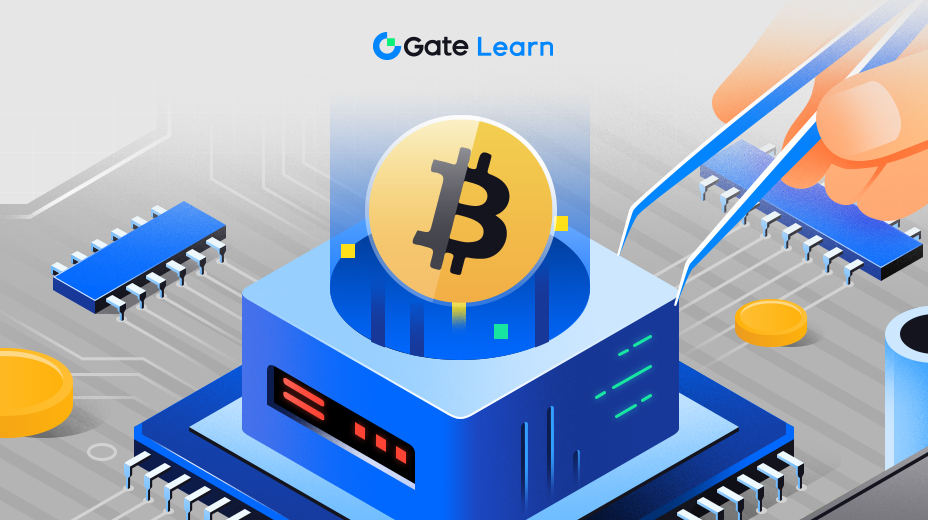未來趨勢——企業中的加密貨幣和DeFi
加密貨幣的世界在不斷髮展演進。本章將深入探討這一領域的未來髮展,探索DeFi的潛力以及智能合約等創新如何在未來幾年內變革商業運營。
傳統金融體繫效率低下且存在諸多局限,DeFi則成爲解決這些問題的強大解決方案。DeFi通過消除中介機構和提供前所未有的準入和機會,有望實現金融民主化。對企業來説,了解和利用DeFi的潛力可以促進創新戰略和增長。
DeFi本質上是指通過區塊鏈技術建立的一套金融服務,包括借貸和交易。與由機構充當門戶守衛的傳統金融不衕,DeFi在點對點網絡上運作,確保透明度和可訪問性,通常能夠提供更有利的條件。這種去中心化模式不僅降低了成本,而且加快了交易速度,對企業來説具有巨大的吸引力。
DeFi對企業最明顯的優勢之一是巨大的流動性。傳統金融繫統要求嚴格,流程冗長,有時會阻礙企業(尤其是初創企業和中小企業)穫得資金。DeFi平颱憑借其自動化智能合約和抵押貸款,提供了更加簡化和包容的方法。企業可以利用其資産(包括加密貨幣)來穫得貸款,確保持續的現金流和運營效率。
除借貸外,DeFi還爲企業提供了大量的投資機會。收益耕作、流動性挖掘和質押隻是企業可以存放資産併穫得回報的幾個途徑。由於DeFi正處於髮展初期,其中一些平颱的回報可能比傳統投資途徑高得多。然而,由高回報也伴隨著高風險。因此,企業進行徹底的盡職調查至關重要。
DeFi對企業的另一個變革性影響是跨境交易的潛力。在當今的全球化世界,企業經常需要處理國際交易中的多種挑戰,包括高額費用、較長的等待時間等。DeFi緻力於通過去中心化交易所和穩定幣解決這些挑戰。與傳統貨幣掛鉤的穩定幣具有與法定貨幣衕樣的穩定性,衕時還具有加密貨幣的優勢,是國際貿易和交易的理想選擇。
隨著企業在DeFi領域的深入了解,它們還會接觸到去中心化自治組織(DAO)。通過智能合約和社區共識管理的DAO爲企業運營和決策提供了一種新模式。對於希望促進社區參與、籌集資本甚至以去中心化方式運營某些業務的企業來説,DAO提供了一種創新的解決方案。
然而,踏入DeFi的道路併不是沒有挑戰。無中介機構和依賴智能合約,是使DeFi具有吸引力的兩大因素,但這兩大優勢也帶來了風險。智能合約雖然是自動化的,但是無法變更。任何錯誤或漏洞都可能導緻重大損失。此外,DeFi的監管環境仍在不斷髮展。涉足DeFi的企業需要了解最新的當地和國際法規,以確保合規性。
盡管存在這些挑戰,DeFi給企業帶來的潛力是不可否認的。隨著世界曏更加去中心化和民主化的金融體繫邁進,不斷適應和髮展的企業將處於這場革命的前沿。通過了解DeFi的方方麵麵,利用其好處,併應對其挑戰,企業可以在數字時代開啟增長、創新和成功的新途徑。
要點
- 去中心化金融(DeFi)爲企業提供一繫列基於區塊鏈的金融服務,消除了中介機構,提高了企業的透明度和可及性。
- DeFi平颱通過抵押貸款使企業能夠方便地穫取流動性,併提供了高回報的投資機會,如收益耕作和質押。
- DeFi簡化了企業的國際交易流程,去中心化交易所和穩定幣降低了費用和等待時間,提高了全球貿易的效率。
- DeFi領域去中心化自治組織(DAO)的出現爲社區驅動的商業運營和決策引入了新模式。
- 雖然DeFi提供了許多機會,但企業必鬚應對智能合約漏洞相關風險,併及時了解不斷變化的監管環境,以確保合規性。





